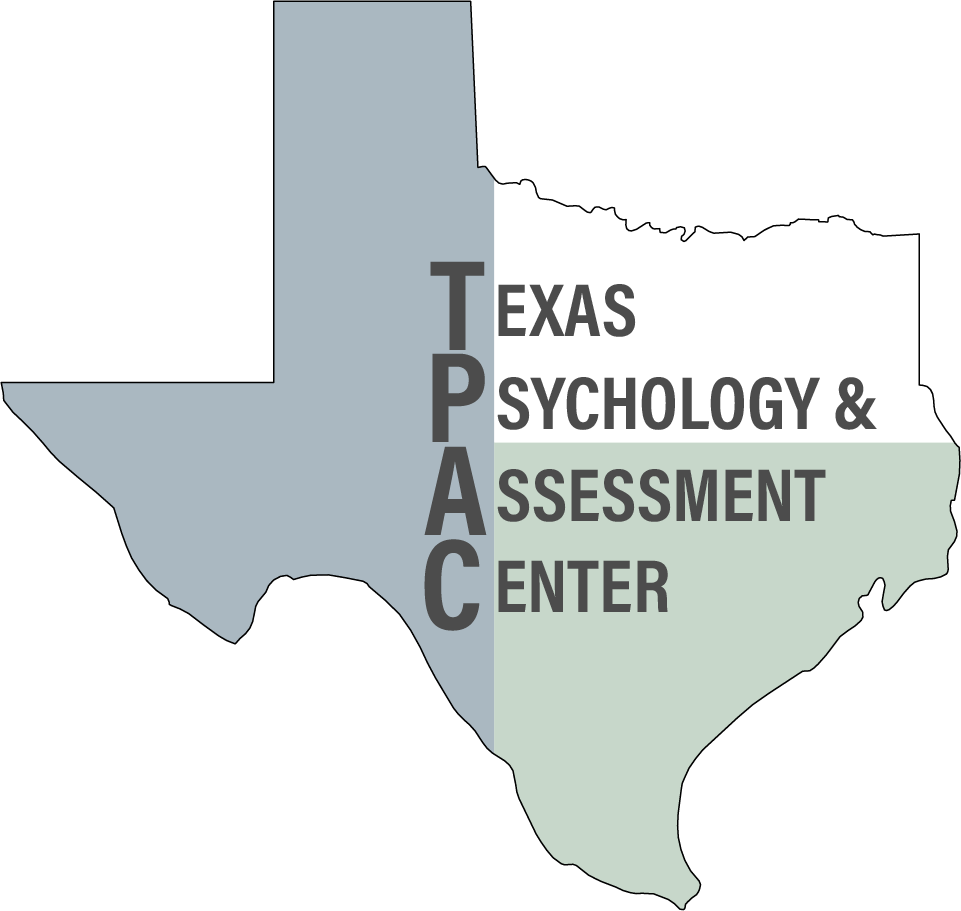Consumer Access to Health Care Records and Complaint Information
In accordance with House Bill 4224 and Texas Health and Safety Code Section 181.105, the Texas Psychology & Assessment Center provides the following information to assist clients and members of the public with:
- Requesting access to health care records
- Contacting the state licensing authority
- Filing a consumer complaint
How to Request Your Health Care Records
Clients can request copies of their evaluation and therapy records maintained by TPAC. Requests can be submitted using one of the following methods:
office@texaspsychologycenter.com
Office Phone Number
512-766-8781
If records are requested on behalf of another individual, documentation verifying legal authority is required. Examples include guardianship documentation or medical power of attorney.
Identity verification may be required to protect client privacy and confidentiality in accordance with applicable state and federal laws.
Licensing Authority Information
TPAC is regulated by the Texas Behavioral Health Executive Council, the licensing authority for Licensed Professional Counselors in the State of Texas.
Questions regarding licensure or professional regulation may be submitted through the Council's website: https://bhec.texas.gov/contact-us/
Filing a Consumer Complaint
Clients or members of the public who wish to file a consumer complaint may do so through the Texas Office of the Attorney General Consumer Protection Division.
Complaints may be submitted online at: https://www.texasattorneygeneral.gov/consumer-protection/file-consumer-complaint
When submitting a complaint, include relevant dates, names, and any supporting documentation if available.
Questions Regarding House Bill 4224
For questions related to House Bill 4224 or consumer access requirements under Texas law, Texas Health and Human Services may be contacted at: HCR_PRU@hhs.texas.gov

